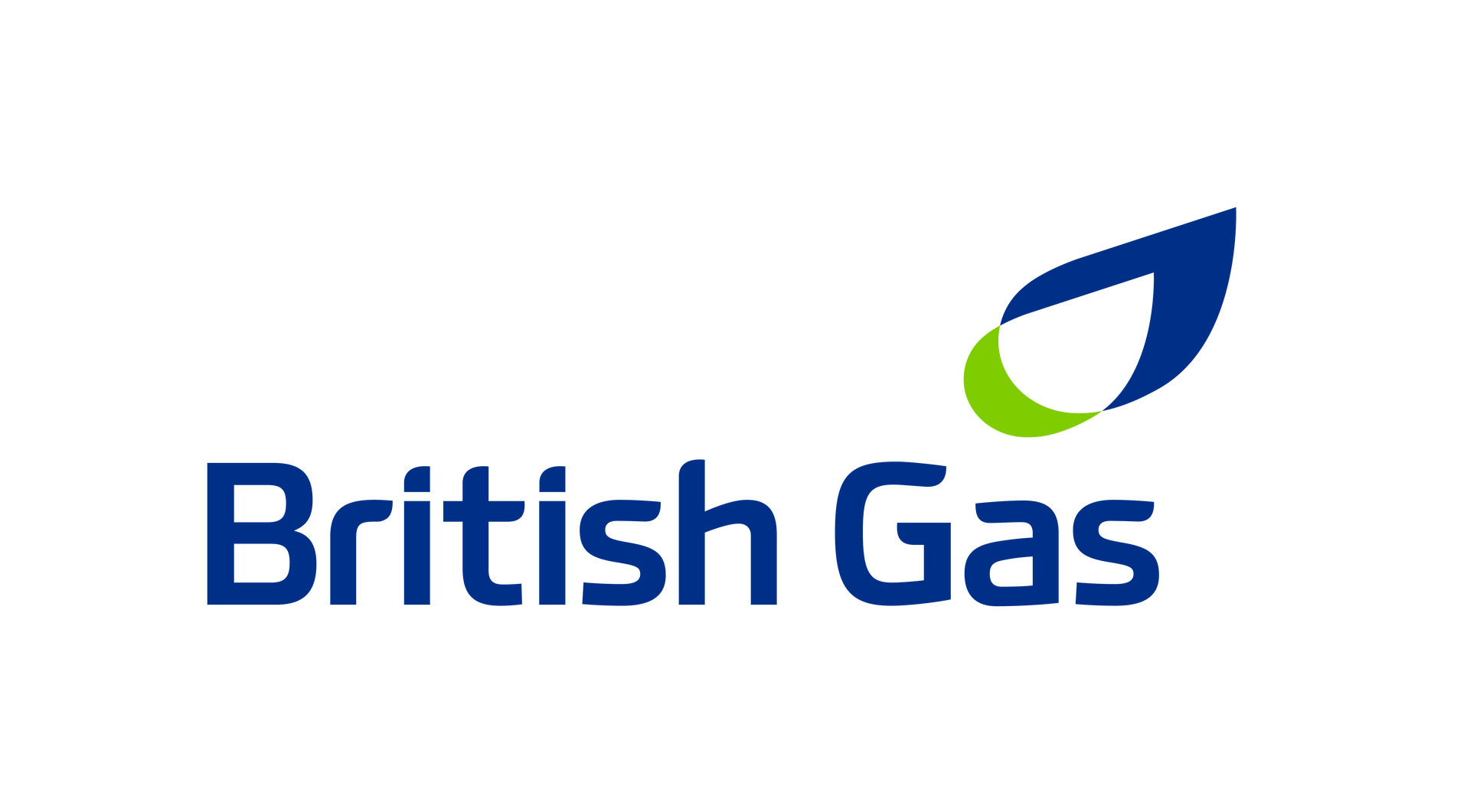Podcast recap: how can electric vehicles advance the net zero agenda?
In a recent podcast, Future Net Zero spoke to Andrew Hurdle, Head of EV Charging & Growth Transformation at British Gas Business (BGB). They discussed the role electric vehicles are and will play on the journey to reach net zero, and what BGB is doing to accelerate it. Below are some of the highlights.
Tipping point
Electric vehicles (EV) are widely acknowledged to be integral to reaching net zero. But recently something has changed. Whereas at one time net zero contributions were the biggest driver for adopting EV, now there’s a sense that things have moved on. And instead of asking ‘Why?’, the question businesses seem to be asking is, ‘Why not?’.
One reason for this is down to cost and ease of ownership. The undeniable impact on emissions is another, particularly from a commercial perspective. But there are also new vehicle configurations entering the market which make adopting EV even more attractive. It seems as time goes on, adopting EV just makes more and more economic sense. So, what exactly does the future look like?
The COVID-19 effect
Given the world is in the middle of a global pandemic, it’s not surprising that EV adoption is feeling the effects. Tighter purse strings, less available investment and EV adoption projects put on hold are all commonplace right now. However, although the wider impact is yet to be seen, things do look promising.
BGB invests heavily in its online and virtual services and during lockdown even launched a new Virtual Audit tool. It means detailed site surveys can be carried out by engineers remotely, without the need for a face-to-face visit. Based on this information, businesses will receive an accurate cost for installing chargers on their sites.New Paragraph
Realising the EV vision
Switching to EV may not be as simple as buying a few EV vehicles, but the team at BGB simplifies the whole process no matter what the challenges are. That includes offering a complete end-to-end solution across charger supply, installation and maintenance, and on-going management, with as much or as little support as businesses need.
BGB solutions
But above all else, it’s about providing a tailored solution – one that meets the needs of the business, drivers, site and wider objectives, and gives businesses peace of mind that the infrastructure works. And British Gas should know, since it has been integrating EV charging since 2012 when it adopted electric vehicles into its own commercial fleet.
Want to find out more? The first step to getting your business EV ready is to register and fill out the form below. It all starts with a conversation followed by a free site survey to understand your requirements and build the right solution for your business.




